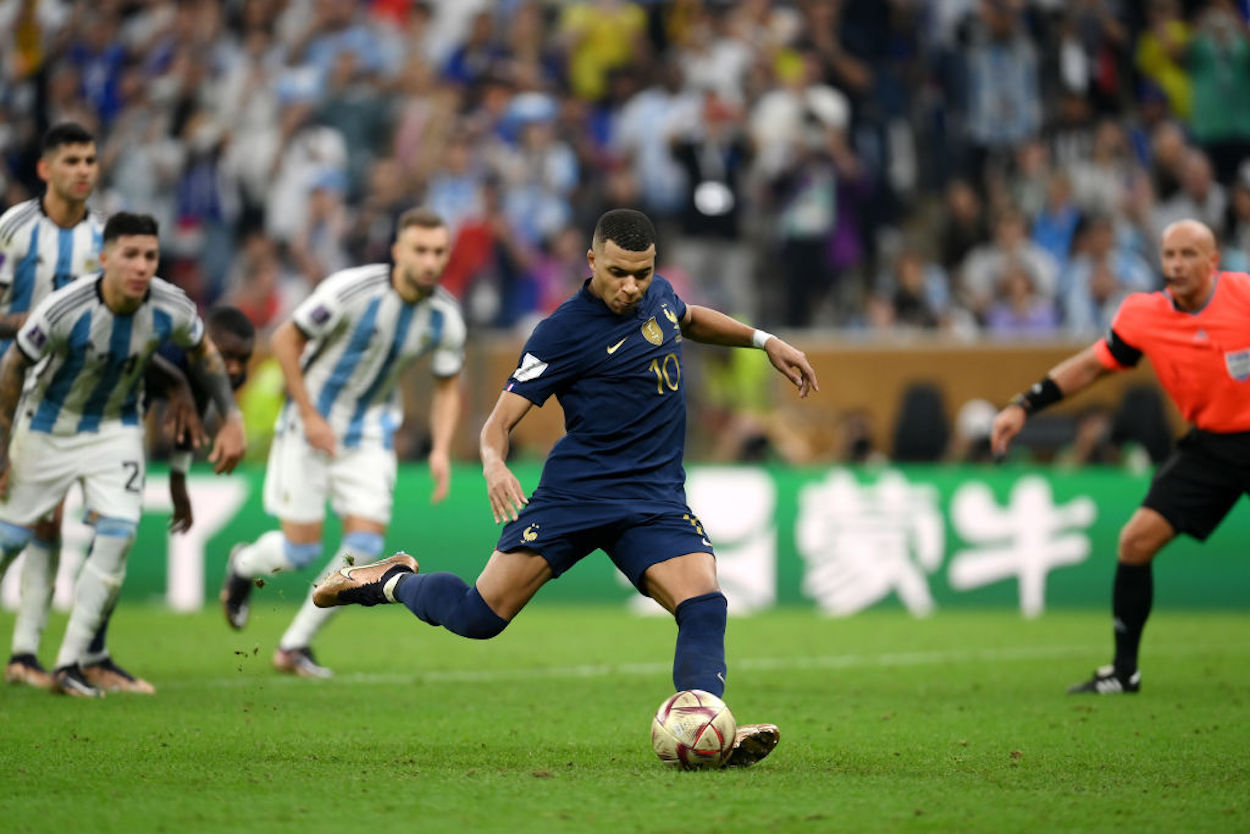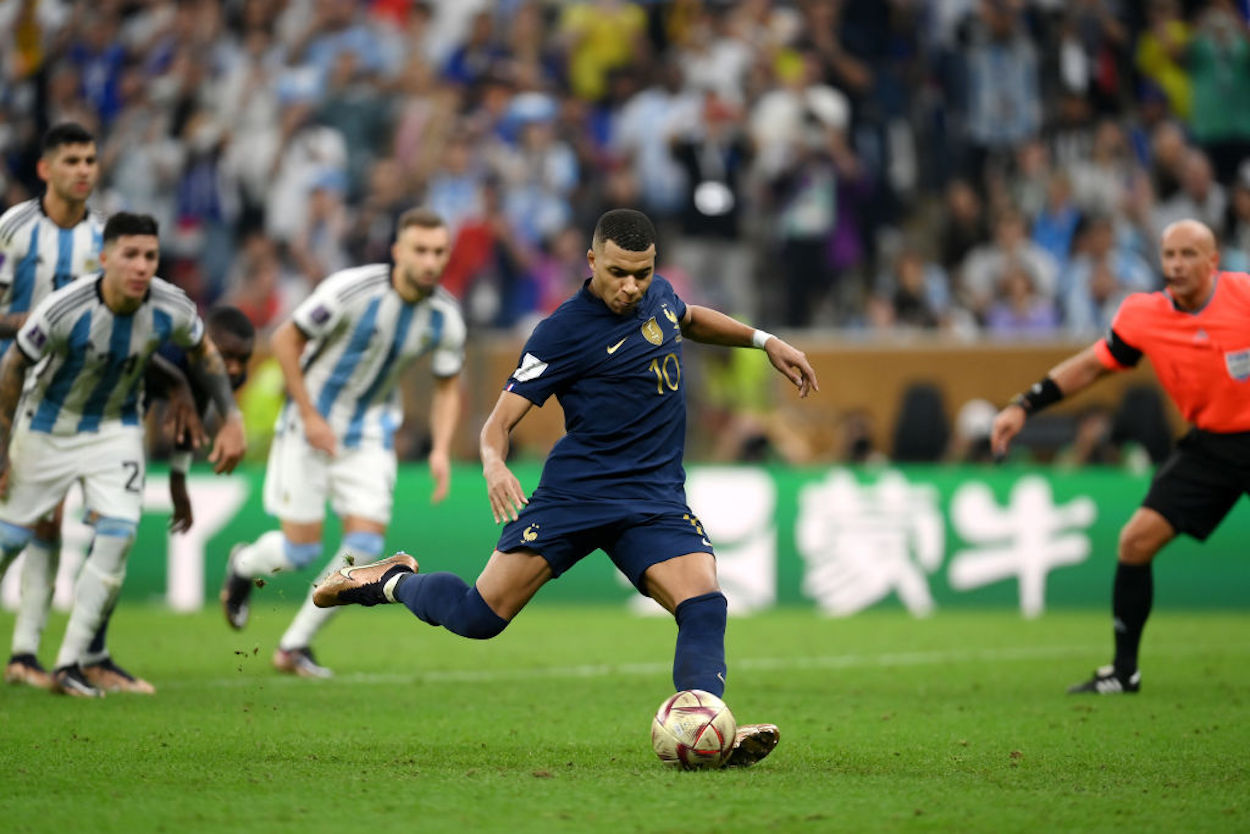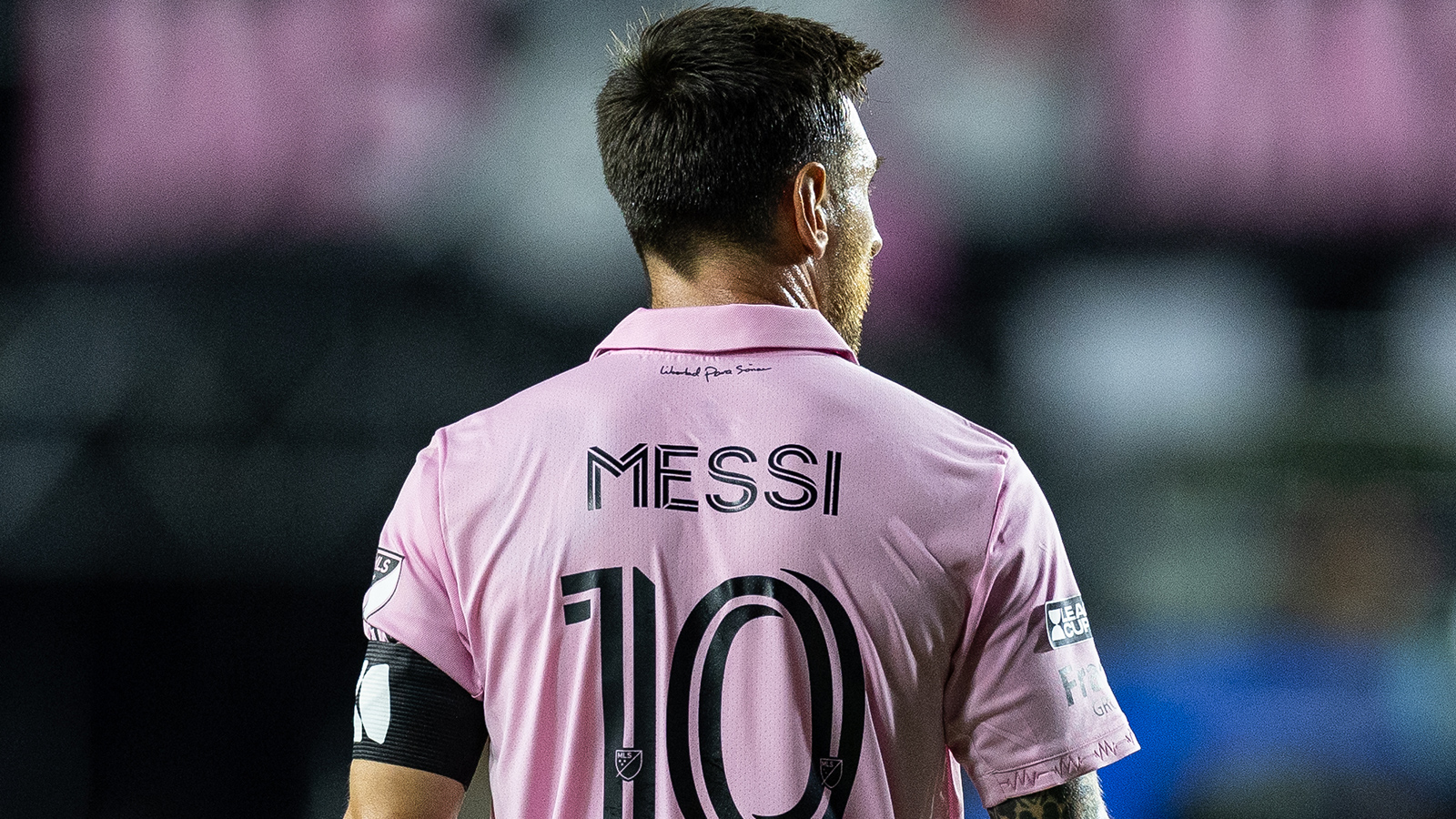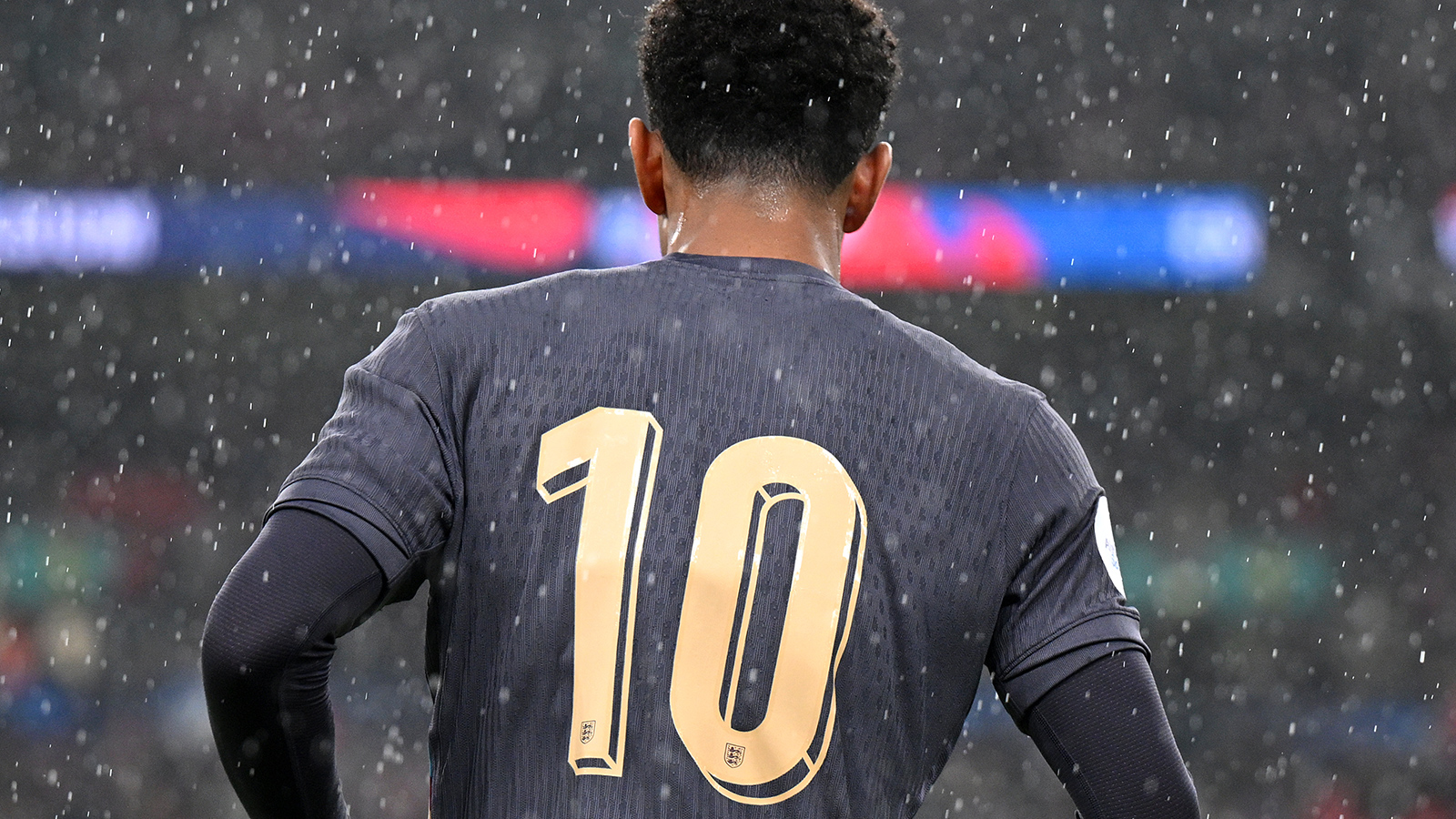
What Is a Brace in Soccer?
While every sport has its own unique vocabulary, soccer can be a bit more challenging for the North American sports fan. When you combine two different levels of uncertainty — not only are there differences between American English and British English, but most Americans didn’t grow up around the beautiful game — it’s a recipe for confusion. Take a seemingly ordinary word like “brace” as an example of that reality.
With that in mind, let’s pretend you’re watching a match and you hear the play-by-play announcer say that your favorite team’s striker has just scored a brace. While you know the ball is in the back of the net, what does that actually mean?
Let’s break it down.
What does it mean to score a brace in soccer?
If you’ve ever suffered through a dull 0-0 draw, you’ll know that scoring one goal in a soccer match can be tough enough. By that logic, finding the back of the net multiple times in the same game is an impressive feat that’s worthy of celebration. And while it might not carry the same festivity as shooting off confetti cannons or having a ticker-tape parade, the feat does have its own special term.
In English-language soccer, scoring a second goal in a single match is called a brace. You’ll hear different variations of the phrase, like “X scored a brace” or “That’s his third brace in Premier League play,” but the sentiment is the same.
And, for the record, you don’t get credit for multiple braces in one match. So, even if you scored a hat trick, you’d leave the pitch with one brace, one hat trick, and three goals.
Why is scoring 2 goals in soccer called a brace?

While you’ve probably heard the word “brace” before, it’s safe to assume it hasn’t been in a sporting context. So, what does a word that has to do with physical support and guidance have to do with scoring goals?
Logic might suggest that the sporting definition draws on that reality — a second goal (usually) supports and strengthens a lead, after all — but that isn’t the case. Instead, we have to go back in time and consider the etymology of the word itself.
According to the Merriam-Webster dictionary, the noun brace can be traced back to the Greek “brachiōn,” which was the comparative form of “short.” Over time, though, the definition evolved. The Latin “bracchia” was the plural of “arm,” which evolved into the Anglo-French word for “pair of arms, pair, support.” When the word reached Middle English, it meant “clasp, pair.”
Goal.com provides further contextualization via another activity: hunting. In that context, a brace refers to a pair of animals. A successful shooter, for example, could return home with a brace of rabbits. When you consider how hunting language has crossed over into other sports — attempting to score a goal is called shooting, strikers are compared to marksmen, and they fire their team into the lead — things start to make more sense.
No matter what you call it, though, scoring two goals in a single match is something to celebrate…as long as it’s your team finding the back of the net.
A brace means that a player has scored two goals in a single match. While that might sound rather ordinary, it’s worth recognizing in a low-scoring sport like soccer.
If we follow the etymology of the word “brace,” everything starts with the Greek “brachiōn,” which was the comparative term for short. That gave way to the Latin “bracchia,” the plural of “arm,” which evolved into the Anglo-French word for “pair of arms, pair, support.” When the word reached Middle English, it meant “clasp, pair.” In hunting parlance, a brace came to signify a pair of animals, like a brace of rabbits. From there, it was a small leap to become a pair of soccer goals.



